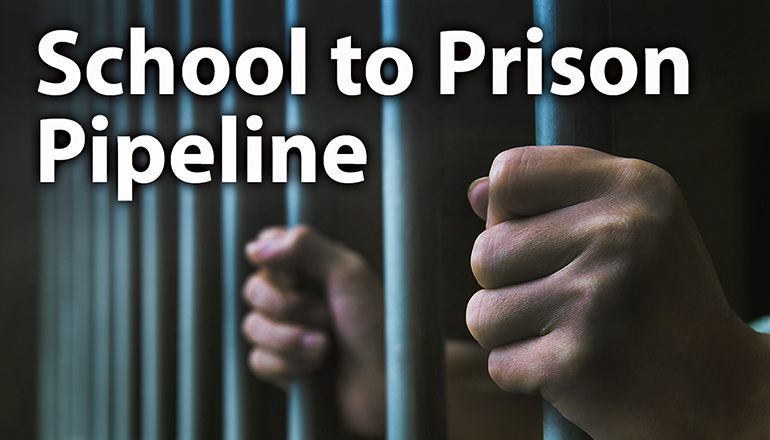A new federal grant is giving schools in three Missouri counties and St. Louis City a fresh look at the challenges of students of color living with disabilities.
Missouri students of color with disabilities face harsher school disciplinary practices than their white peers, which can lead them into the juvenile justice system. Disrupting this path is the goal of the Missouri Juvenile Justice Association’s SToP Project, with a $275,000 grant from the Missouri Developmental Disabilities Council.
Miranda Fredrick, the communications coordinator for the council, said its research, as well as the “lived experience” of some of its members, has demonstrated the disparity. “When students experience harsh, disproportionate discipline happening in the school systems, it puts them on a path to interact with the criminal justice system,” Fredrick explained. “That’s what’s known as that ‘school-to-prison pipeline,’ and those suspensions can have long-term effects.”
The grant will cover training in more constructive approaches to discipline, for teams of adults in Boone, Cape Girardeau, Greene counties, and St. Louis City.
An ACLU of Missouri study found Black students with disabilities are three times more likely to be suspended than their white peers.
Liz Ballard, racial-ethnic disparities coordinator for the Missouri Juvenile Justice Association, said with the help of a “restorative justice” expert, they’ll train teams in less punitive ways to discipline students. Ideally, each team will include a school representative, law enforcement or school resource officer, a local juvenile office representative, a community or family member, or a person with a developmental disability.
She added they will receive certification as trainers, so they can share what they learn. “There are these things called healing circles, where they all sit down and work through the issue,” Ballard pointed out. “There’s just proven to be better outcomes and more, you know, case-by-case basis instead of cut-and-dry suspensions.”
Students who are suspended or expelled, who may also be victims of poverty, abuse, or neglect, are three times more likely to have an encounter with the juvenile justice system within a year. Ballard said their hope is the teams’ success will change the trajectory and foster interest throughout the state. “We will have four counties that have decreased their suspension and expulsion rate, treating kids fairly regardless of their developmental disabilities,” Ballard noted. “And then, word gets out, and then it spreads, and people start reaching out to want additional training.


